Launching Event of The Dragon’s Footprints& Seminar on G20 and China Held at SIIS
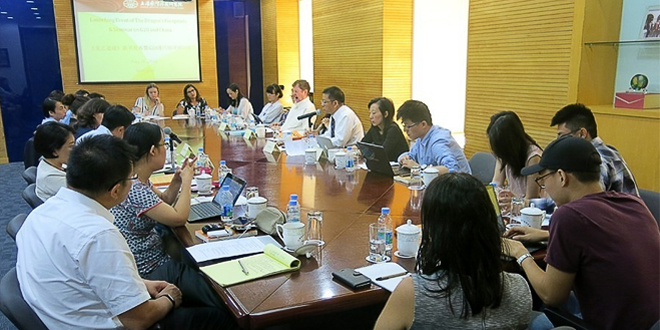
The event first launchedThe Dragon’s Footprints: China in the Global Economic Governance System under the G20 Framework, a new publication by Dr. Alex He, researcher at CIGI.He then gave insights on five challenges China faces in global economic governance relevant to the G20 Hangzhou Summit: China’s role in G20, global monetary system, international energy governance, global trade governance, and its contribution to Asian Infrastructure Investment Bank (AIIB) and New Development Bank (NDB). Dr. He points out that it is not an issue any more that we talk about China’s leadershipin theG20 today compared to two years ago. At the age of slow economic growth, China has great potential to leadglobal trade, investment and development agenda.Finally, under the G20 China has evolved from a traditional power with astate-centric perspective, into a new onewith global vision and a provider ofpublic goods.
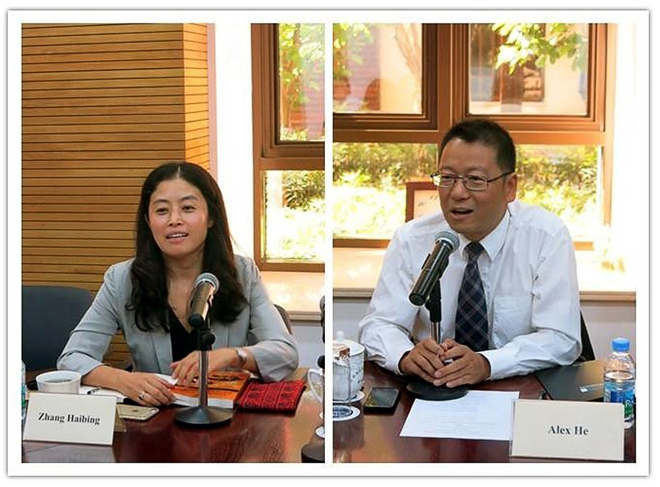
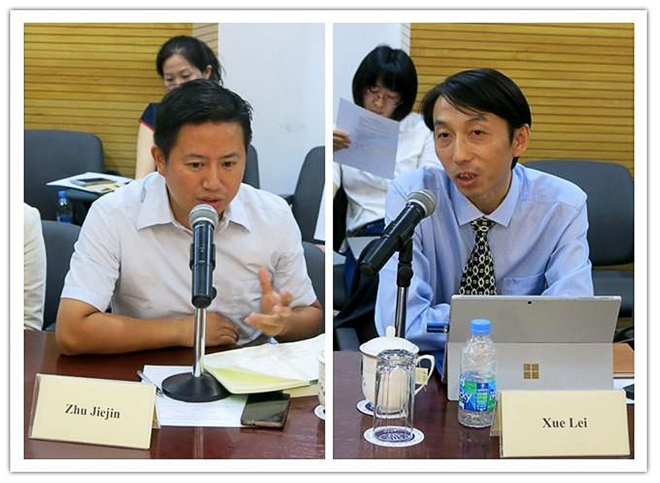
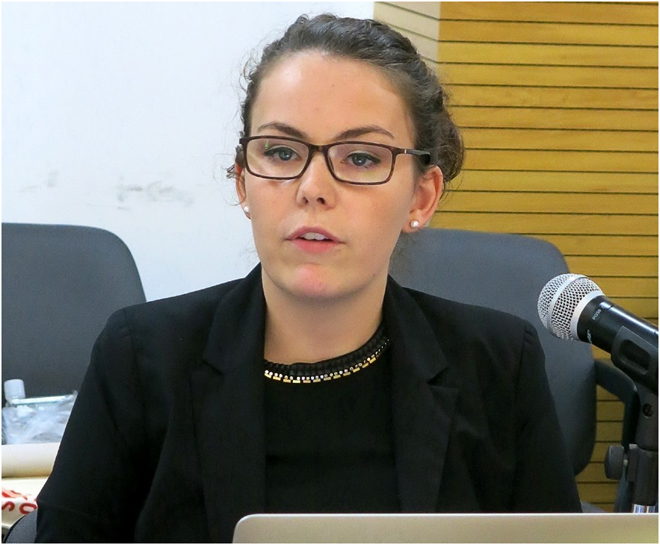
Prof. John Kirton analyzed China’s leadershiprole in G20 in three phases of development of G20 history -- He believes that China is better described as a ‘panda’ instead of a dragon. From the beginning, China has been a cautious leaderat G20. At the global steering stage after 2013, China providesleadership in institutional, material, and policyarenas. With its increasing economic power, China is no longer a spender, but a lender of last resort for maintaining global economic stability. Prof. Kirton also suggests that China further engage in innovative green revolution –China should say ‘we will’ instead of ‘we want’ for related agendas if it wishes to achieve more at the summit.
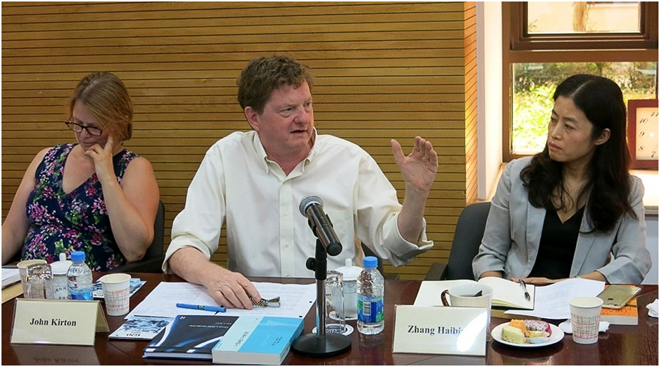
Lastly, CaitinBryne gave her interpretation on functions of public diplomacy on G20. She believes that G20 is essential for building confidence in the anti-globalizing world, and public diplomacy, if well deployed, could help G20 achieve this aim.

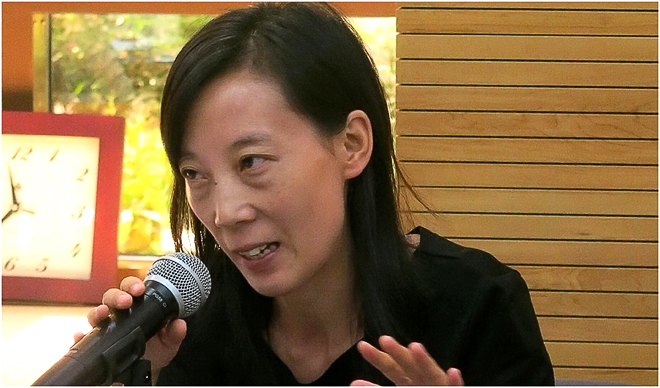
2016/09/10 read:749
On August31, 2016, the Shanghai Institutes for International Studies (SIIS)helda seminar on G20 and China. More than 20 scholars and experts from think tanks, media and various institutions gathered, including those fromthe Center for International Governance Innovation (CIGI), University of Toronto, Fudan University and the Shanghai Academy of Social Sciences (SASS).

The event first launchedThe Dragon’s Footprints: China in the Global Economic Governance System under the G20 Framework, a new publication by Dr. Alex He, researcher at CIGI.He then gave insights on five challenges China faces in global economic governance relevant to the G20 Hangzhou Summit: China’s role in G20, global monetary system, international energy governance, global trade governance, and its contribution to Asian Infrastructure Investment Bank (AIIB) and New Development Bank (NDB). Dr. He points out that it is not an issue any more that we talk about China’s leadershipin theG20 today compared to two years ago. At the age of slow economic growth, China has great potential to leadglobal trade, investment and development agenda.Finally, under the G20 China has evolved from a traditional power with astate-centric perspective, into a new onewith global vision and a provider ofpublic goods.


For the second half of the event, G20 Research Team at University of Toronto led by Prof. John Kirton presented on the G20’s performance and China’s role. Sarah Scottgave a briefintroduction totheir project “2015 G20 Antalya Summit Interim Compliance Report”.

Prof. John Kirton analyzed China’s leadershiprole in G20 in three phases of development of G20 history -- He believes that China is better described as a ‘panda’ instead of a dragon. From the beginning, China has been a cautious leaderat G20. At the global steering stage after 2013, China providesleadership in institutional, material, and policyarenas. With its increasing economic power, China is no longer a spender, but a lender of last resort for maintaining global economic stability. Prof. Kirton also suggests that China further engage in innovative green revolution –China should say ‘we will’ instead of ‘we want’ for related agendas if it wishes to achieve more at the summit.

Lastly, CaitinBryne gave her interpretation on functions of public diplomacy on G20. She believes that G20 is essential for building confidence in the anti-globalizing world, and public diplomacy, if well deployed, could help G20 achieve this aim.


